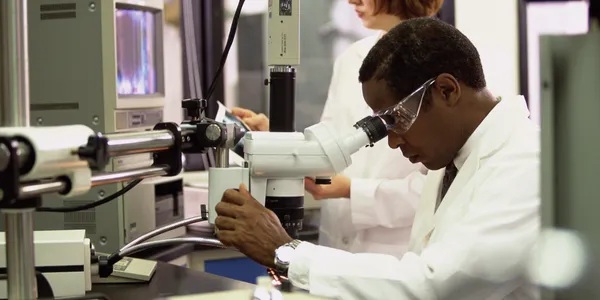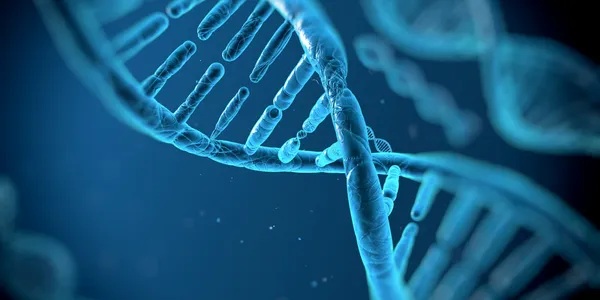Finding the Origins of Disease

STOPPING CANCER TUMOR GROWTH - The medical community knows which genes control tumor growth, and we know genes are binary. We know the correct binary configuration can stop tumor growth, So WHY HASN'T THE PROFESSION DEVELOPED THIS TOOL!! Stopping tumor growth is the first priority of the Genome Research Institute! can stop tumor growth, So WHY HASN'T THE PROFESSION DEVELOPED THIS TOOL!! Stopping tumor growth is the first priority of the Genome Research Institute!
Binary Genes and Tumor Growth
We know where the TUMOR SUPPRESSOR GENES exist and control tumor growth. We are very close to understanding how to stop those genes from replicating.
Support our research with
Your comments,
Your advice,
& Your Partnership


Background of the Genome Research Institute
Unfortunately, most of us have lost someone to the ravages of cancer. There are currently thousands of Clinical Trials researching cancer. Despite dozens of fundraising projects and millions of dollars being raised, there is no slowdown in the number of cases of cancer. Since 1971, we at the Genome Research Institute have believed the solution to stopping cancer is to use the sequenced human genome to identify the segment of the genome that has a mutation, clip it out using CRISPER technology and replace it with a healthy segment which begins replicating the healthy sequence and perhaps stop the growth of cancer tumors.
Participate in a Clinical Trial
Our research discovered hundreds of clinical studies for cancer therapeutics, and other diseases and we know where the tumor suppressor genes are sequentionally. Cancer patients are needed to participate in research being done to make sure these binary genes are properly or improperly sequenced to the possible presence of tumors.
Interested in finding out more about participating in Clinical trials? - Click on the links below
https://health.ucdavis.edu/cancer/clinical-trials/index.html
or
https://www.worldwide.com/participate-in-a-study/


Become a contributing member
-
Get published
-
Connect
-
Share Clinical Trial Results
-
Network and learn
Become a supporting member of the Genome Research Institute
What can you do to stop tumor growth?
More about Genes that Suppress Cancer
- An important difference between oncogenes and tumor suppressor genes is that oncogenes result from the activation (turning on) of proto-oncogenes, but tumor suppressor genes cause cancer when they are inactivated (turned off). Inherited abnormalities of tumor suppressor genes have been found in some family cancer syndromes.
IS ANYONE WORKING ON GENES THAT SUPPRESS TUMOR GROWTH?
Please contact us if you are doing this important work.
[email protected]

Our Procedure
Summary of Tumor Suppressor Genes
Cancer is an uncontrolled and abnormal growth of cells in the body. The gene that guards the cell cycle and functions as a tumor suppressor is p53 (also called the guardian of the genome) which is encoded by the TP53 gene. Various events, like DNA damage, heat shock, hypoxia, and oncogene overexpression, result in the activation of p53. Thus, it plays a major role as a regulatory protein that regulates various diverse biological responses, responsible for genetic stability by preventing genome mutation. More than 50% of mutations in human cancers, along with the increase in expression of the murine double minute 2 gene (mdm2), has been found as one of the reasons for cancer progression. Murine double minute 2 (MDM2) is the negative regulator of the p53 gene, forming an autoregulatory feedback loop controlling each other cellular levels. Murine double minute 2 is a unique E3 ubiquitin ligase protein that is responsible for ubiquitination and degradation of the p53 gene. Many drugs/compounds have been developed for reactivation of the p53 gene by inhibiting MDM2 interaction with p53, using MDM2 antagonism, and inhibiting E3 ubiquitination of p53. Many compounds have entered clinical trials in hematological malignancies. This review will throw some light on the reactivation of the p53 gene by MDM2 and its homologs.

